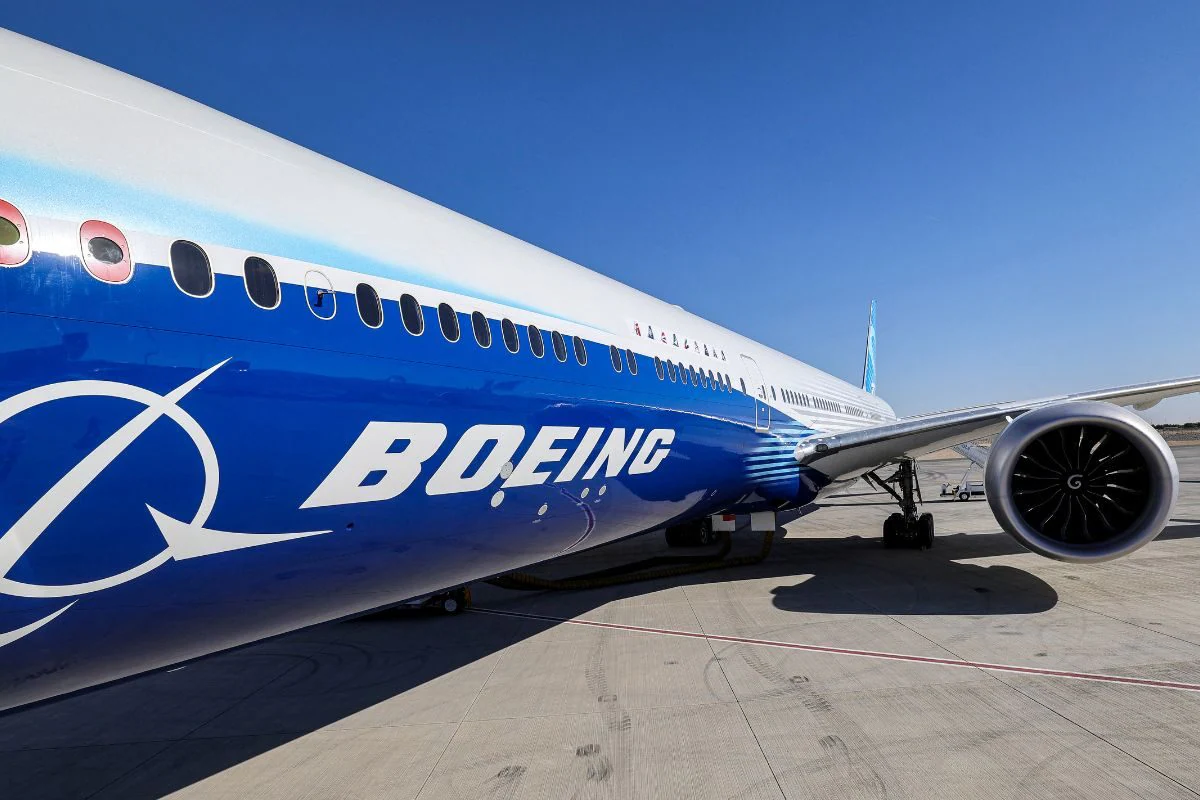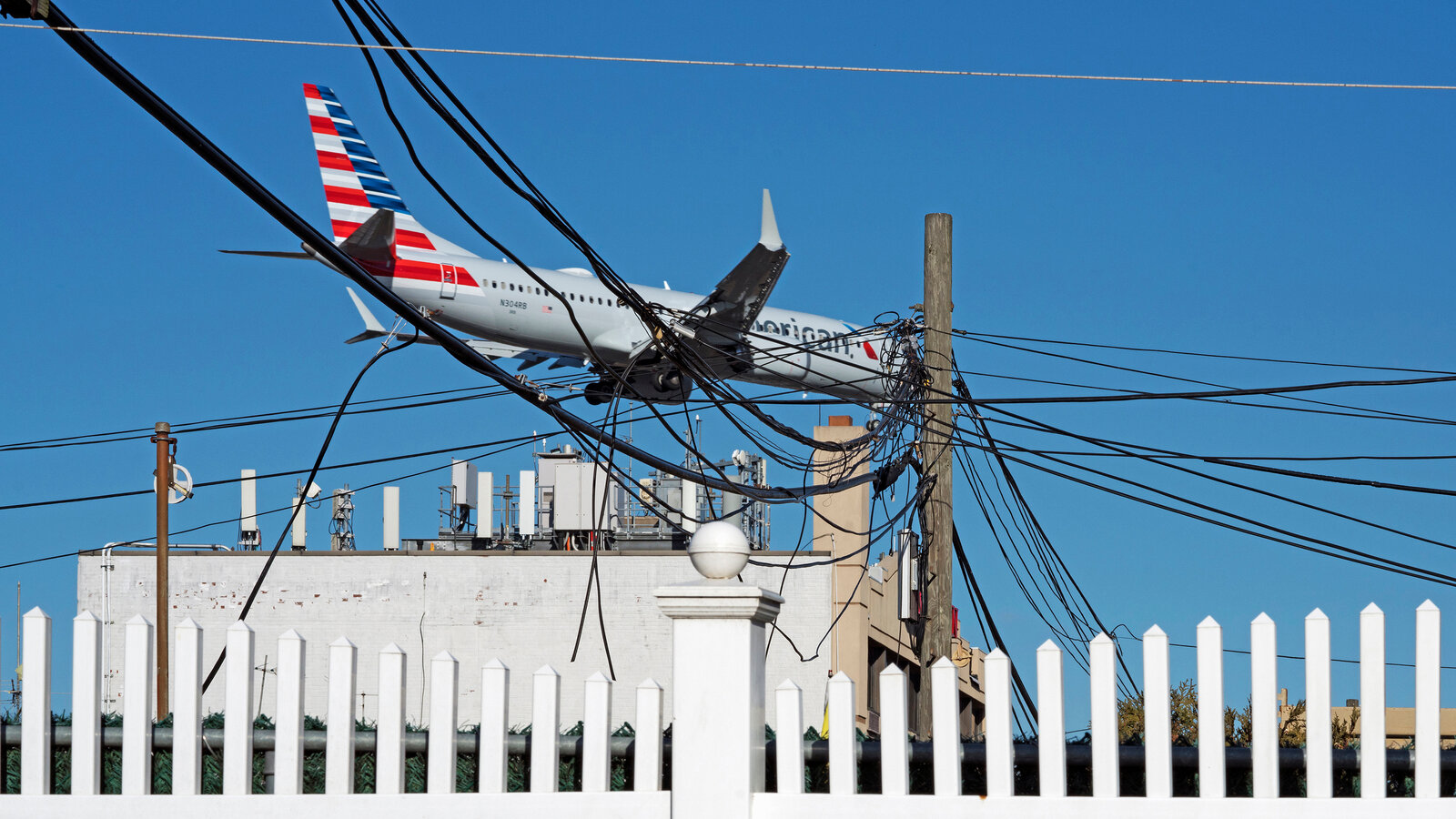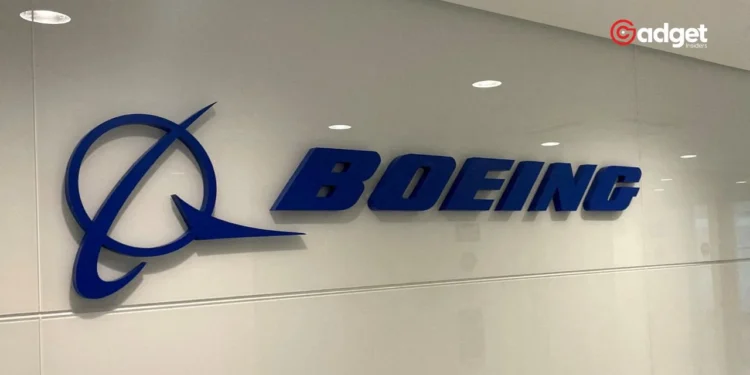The aviation industry is once again under scrutiny following the untimely death of a whistleblower who dared to speak out against alleged safety violations at one of the world’s most iconic airplane manufacturers, Boeing. Joshua Dean, a former auditor at Boeing supplier Spirit AeroSystems, died from complications related to a serious bacterial infection, sparking new discussions on workplace safety and corporate accountability.

A Sudden Loss Shakes the Community
At the age of 45, Joshua Dean’s battle against a severe MRSA infection ended tragically, just two weeks after hospitalization for what began as minor illness symptoms. His death was confirmed by his aunt, Carol Parsons, who detailed the rapid progression of his illness, including pneumonia, a stroke, and the ultimate fatal infection.
“Our thoughts are with Josh Dean’s family,” a Spirit AeroSystems spokesperson told The Seattle Times. “This sudden loss is stunning news here and for his loved ones.” The aerospace community has reacted with sorrow and concern, reflecting on the pressures and risks faced by those who challenge corporate practices.

Echoes of Past Tragedies
Dean’s death resonates uncomfortably close to another recent incident involving John Barret, a former Boeing employee. Barret, who had raised alarms about Boeing’s production practices, was found deceased from a self-inflicted gunshot wound, one day after detailing safety issues he observed at Boeing’s plants.
These deaths cast a long shadow over Boeing, which is still reeling from the repercussions of an emergency landing by an Alaska Airlines flight earlier this year due to a mechanical failure on a Boeing 737 Max 9. The incident, which resulted from a door plug detaching mid-flight, prompted investigations by the Federal Aviation Administration (FAA) and brought Boeing’s safety and quality control practices into sharp focus.

Whistleblower Retaliation: A Pattern of Concern
Joshua Dean’s involvement with Boeing and Spirit AeroSystems began in 2021 when he took on the role of a quality auditor. His tenure was cut short in 2023 after he was dismissed, a move he claimed was in retaliation for his outspoken concerns regarding safety issues at the company. This claim led him to file a complaint with the U.S. Department of Labor and later with the FAA, concerning undisclosed defects in manufacturing.
Dean’s allegations were part of a larger narrative of purported systemic issues within Boeing, highlighted in a class-action lawsuit filed in December 2023. The lawsuit accused Boeing of hiding “widespread quality failures” and alleged that Spirit AeroSystems manipulated documentation to feign quality improvements.
Head's up @Boeing – Ken Holland, the General Manager of the Edmonton Oilers, has some very damaging whistleblower information on the shoddy construction and design of your planes and he's about to go public with it.
— Ersatz (@Ersatzov) May 3, 2024
Boeing Whistleblowers Raise Safety Concerns: Aviation Industry on Alert
The aviation community, along with regulatory bodies, continues to grapple with these accusations. A recent survey by Airline Ratings indicated a growing public unease, with half of the respondents expressing concerns about Aircraft’s safety record, and a preference for Airbus highlighted by 54% of those surveyed.
In a poignant testament to ongoing struggles within Boeing, another whistleblower, Sam Saleh pour, shared his experiences of backlash within the company at a Congressional hearing in April. Salehpour’s account of receiving physical threats and aggressive confrontations adds to a troubling picture of a corporate culture that may discourage transparency and safety advocacy.
As investigations continue and the aviation world watches closely, the questions raised by Joshua Dean’s tragic end and the stories of other whistleblowers like him remain pressing. They serve as a stark reminder of the personal risks faced by those who stand up for safety and integrity in high-stakes industries. The outcome of these inquiries could be crucial in shaping the future of aviation safety standards and corporate responsibility.










